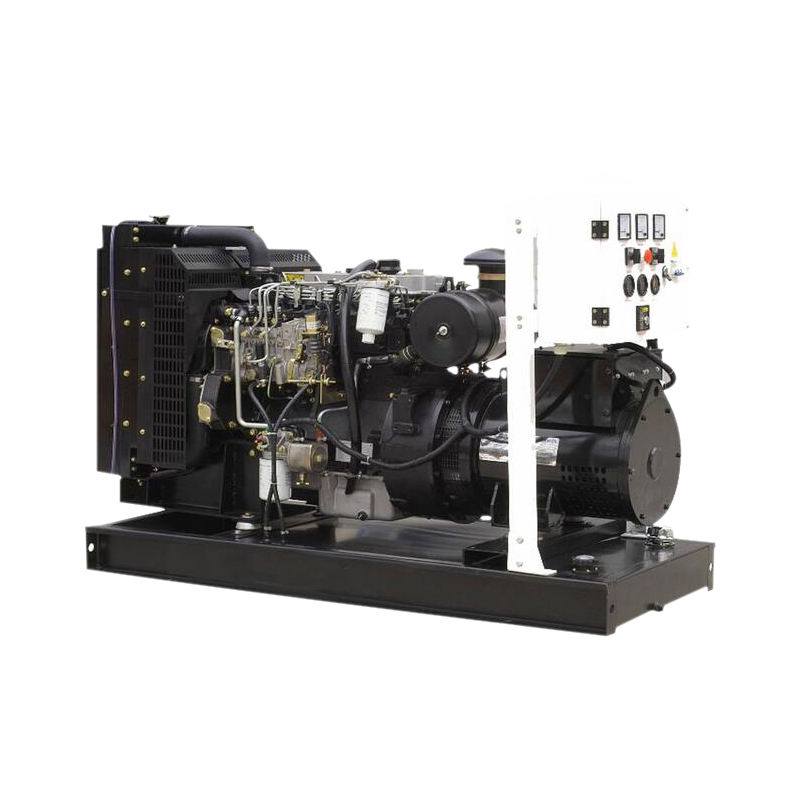Introduction
When it comes to ensuring the longevity and efficiency of your generator set, maintaining optimal operating temperatures is crucial. As it turns out, cooling systems play a vital role in achieving this goal. In this article, we'll explore the importance of generator set cooling systems, the challenges they face, and practical tips for maintaining optimal operating temperatures.
The Role of Cooling Systems in Generator Sets
Have you ever wondered how generator sets prevent overheating? That's where cooling systems come in. These systems help dissipate heat generated by the engine during operation, allowing the generator set to function efficiently and safely. By maintaining optimal operating temperatures, cooling systems contribute to:
Common Cooling System Types
There are two primary types of cooling systems used in generator sets: air-cooled and liquid-cooled. Each has its advantages and disadvantages:
- Air-cooled systems: Simpler, more compact, and less expensive, air-cooled systems rely on ambient air to dissipate heat. They're ideal for smaller generator sets and applications with limited space.
- Liquid-cooled systems: More complex and costly, liquid-cooled systems use a coolant to absorb and transfer heat away from the engine. They're better suited for larger generator sets and applications requiring higher power output or operating in extreme conditions.
Challenges in Maintaining Optimal Operating Temperatures
Interestingly enough, several factors can impact a generator set's ability to maintain optimal operating temperatures. Some common challenges include:
- Inadequate cooling system design or sizing
- Poor maintenance practices
- Operating in extreme temperature conditions
- Faulty or worn-out components
Practical Tips for Maintaining Optimal Operating Temperatures
To ensure your generator set's cooling system functions at its best, consider the following actionable tips:
- Regularly inspect and maintain cooling system components, such as hoses, belts, and fans.
- Monitor coolant levels and quality, and replace or replenish as needed.
- Clean or replace air filters and cooling system radiators to prevent blockages and promote efficient heat dissipation.
- Consider upgrading to more efficient cooling system components, such as high-performance fans or heat exchangers.
- Operate your generator set within its recommended load range to minimize heat generation and stress on the cooling system.
Conclusion
In my experience, maintaining optimal operating temperatures in generator set cooling systems is essential for maximizing performance, efficiency, and longevity. By understanding the role of cooling systems, addressing common challenges, and implementing practical tips, you can help ensure your generator set operates at its best. So, the next time you're evaluating your generator set's performance, don't forget to consider the cooling system – it may just be the key to unlocking its full potential.





